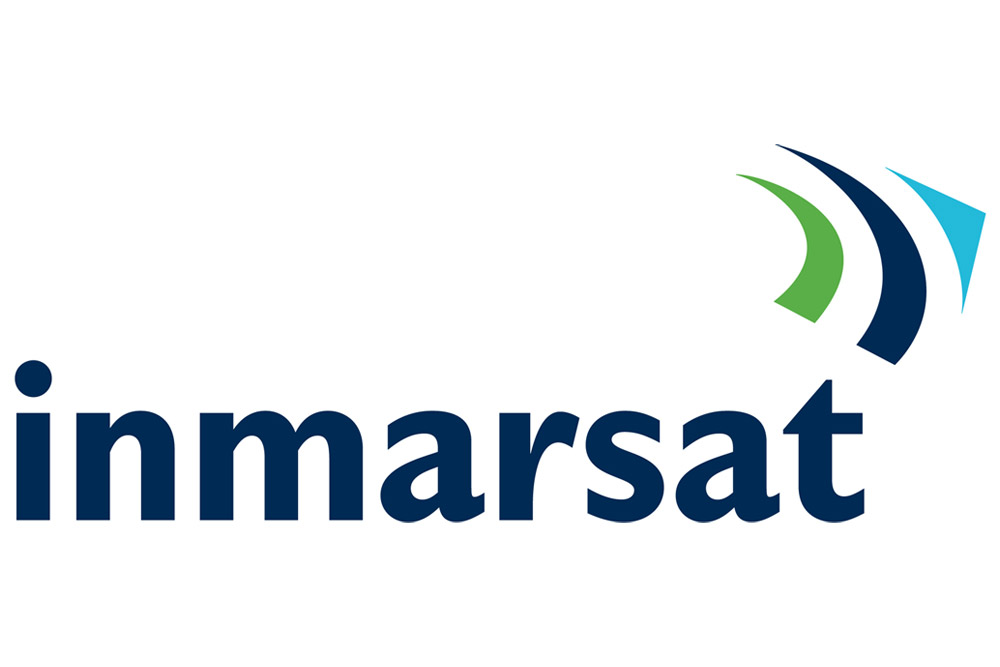Inmarsat Announces Global Xpress™ the Superfast Network Offering Speeds Up To 50Mbps
Much faster. Less expensive. High quality. These are some of the phrases being used to describe Inmarsat’s recently announced Global XpressTM service.
By 2014 Inmarsat customers will enjoy a unique global portable satellite internet solution designed to address the growing maritime, energy, and government sector markets for VSAT services, as well as evolving markets such as the aeronautical sector.
Inmarsat has announced a deal with Boeing to acquire three 702HP Ka-band satellites to provide its new Ka-band global, high-capacity satellite services. The satellites will make up the new Inmarsat-5 (I-5) constellation that will enable the company to deliver its unique new service offering. The Inmarsat-5s will support a next generation global broadband service, called Global Xpress™, which will target a US$1.4 billion incremental market for VSAT services.
Chairman and chief executive of Inmarsat Andrew Sukawaty said:
… we will be the first operator to offer global broadband coverage, offering unparalleled speeds and bandwidth to customers in remote locations around the world.
Global Xpress will be faster and less expensive than current Ku-band market offerings, it will be delivered to smaller and cheaper terminals and be the first offered on a seamless, global, end-to-end basis with high-quality of service. Picture 50Mpbs services to a ship or aircraft, and 10Mpbs to an antenna the size of an iPad (20cm).
The Inmarsat-5s will also complement our existing global L-band services, allowing us to offer unique hybrid packages using both networks, giving users unprecedented levels of resilience and reliability in remote and harsh environments.
Boeing reports that each Inmarsat-5 satellite will carry 89 Ka-band beams that will operate in geosynchronous orbit with flexible global coverage. When operational, the I-5 satellites will provide a comprehensive range of services, including mobile broadband communications for deep-sea vessels, in-flight connectivity for airline passengers, and streaming high-resolution video, voice and data.
Boeing also has agreed to enter into a distribution partnership with Inmarsat and has committed to capacity purchases representing more than 10 per cent of Inmarsat’s target Ka-band revenues in the first five years after launch.
Inmarsat estimates the total cost of the I-5s and Global Xpress will be US$1.2 billion over four and a half years, incorporating the fixed cost of the satellites, as well as the cost of additional ground network infrastructure, product development, launch services and insurance. The company is targeting US$500 million of annual Ka-band revenues five years after global service is launched.

